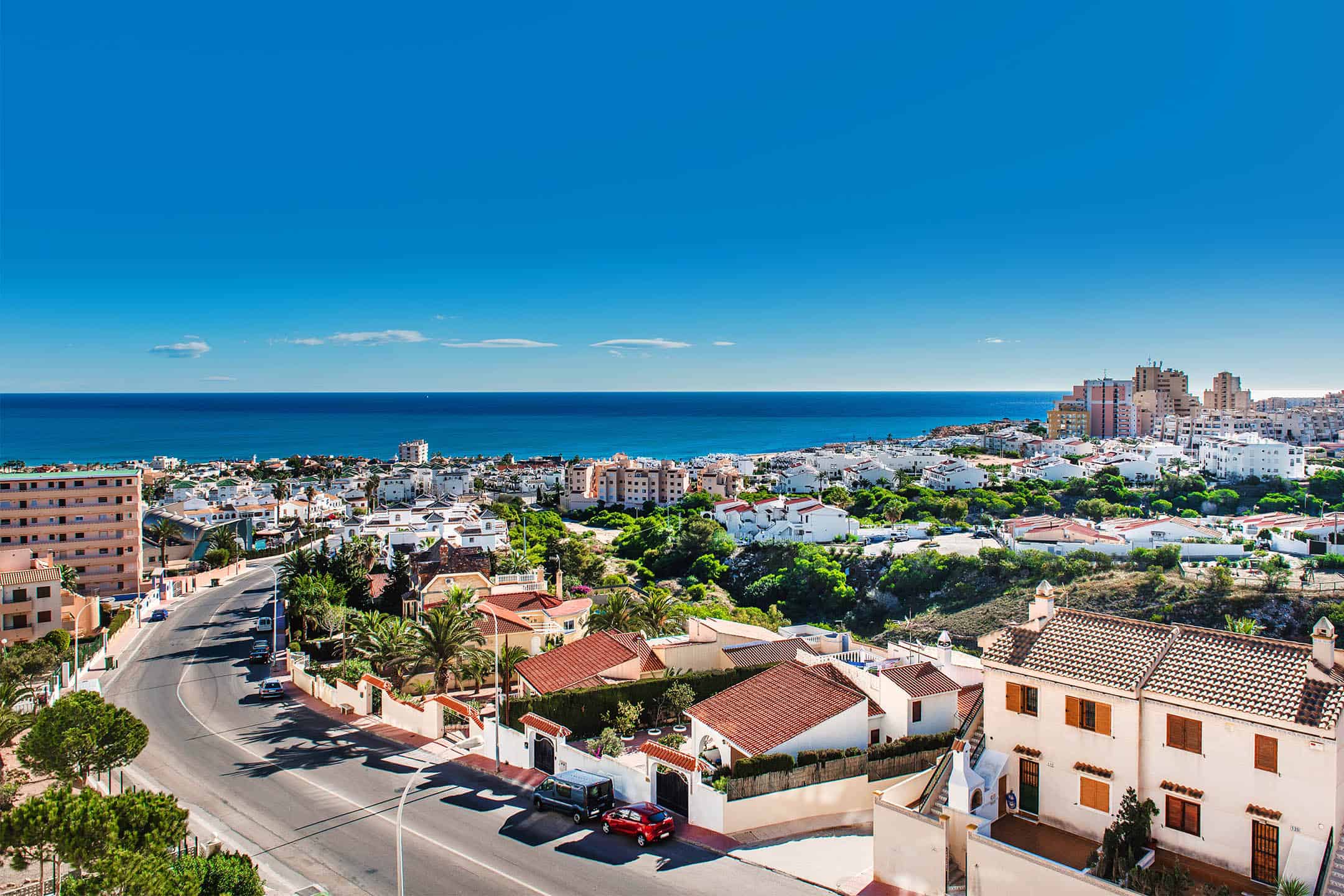Moving to Spain is an exciting life decision that opens the door to a rich cultural experience, stunning landscapes, and a relaxed Mediterranean lifestyle. However, the relocation process can be overwhelming, particularly for UK expats who are unfamiliar with the country’s bureaucracy and lifestyle nuances. In order to make your transition as smooth as possible, it’s important to be aware of some common mistakes people make when moving to Spain.
Whether you’re moving for retirement, work, or simply a change in lifestyle, careful planning and research are crucial. By avoiding these common pitfalls, you can ensure your move is as stress-free and successful as possible.
1) Failing to Research Residency and Visa Requirements
One of the most significant mistakes when moving to Spain is failing to understand the residency and visa requirements, especially in the post-Brexit era. Since the UK left the EU, UK citizens no longer have automatic residency rights in Spain, meaning it’s essential to apply for the correct visa before moving.
Many people mistakenly assume that the process is simple or that they can continue to live in Spain without a visa, but this is far from the case. The types of visas you might need depend on your circumstances, such as whether you plan to work, retire, or live without seeking employment. The non-lucrative visa, for example, is popular among retirees who wish to live in Spain without working. On the other hand, if you’re moving for employment, you’ll need to apply for a work visa.
Make sure you understand which visa suits your situation and gather all necessary documentation. The process may take some time, so early research and preparation are essential to avoid any delays or issues once you arrive.
2) Ignoring the Importance of Learning the Language
While many people in Spain speak English, especially in tourist areas or large cities, not speaking Spanish can significantly complicate daily life. From shopping at local markets to dealing with official paperwork or interacting with your neighbours, learning the basics of Spanish will make your life much easier and enjoyable.
Ignoring the need for language skills can lead to frustration, misunderstandings, and isolation. Thankfully, there are plenty of resources available to help you learn Spanish. You can enrol in language schools, use apps like Duolingo, or take online courses to get started. If you’re moving to a more rural area, learning Spanish will be even more beneficial, as locals may not speak as much English.
Embracing the language not only improves your ability to navigate daily life but also enriches your experience of Spanish culture and helps you build relationships.

3) Underestimating the Cost of Living in Spain
One common misconception is that Spain is significantly cheaper to live in than the UK. While some areas are more affordable, the cost of living can vary widely across different regions. Larger cities like Madrid and Barcelona, or more tourist-centric areas such as the Costa Blanca South or Costa del Sol, can be expensive, especially when it comes to rent or property prices. Even in smaller towns, healthcare, utilities, and general costs may be higher than anticipated.
Understanding the full scope of living costs is crucial before you make the move. It’s important to account for factors such as rent, utilities, food, transportation, and health insurance. Spain offers a relatively lower cost of living compared to the UK in some areas, but make sure you have a realistic budget in place before you settle.
Take the time to research average costs in the area you plan to live. There are online calculators and expat forums that can give you a clearer picture of living expenses in different Spanish regions.
4) Not Understanding Spanish Healthcare and Insurance Options
Spain is known for its excellent healthcare system, but many expats make the mistake of assuming it’s just like the NHS. While Spain has a well-established public healthcare system, it is not the same as the UK’s, and there are certain steps you must take to access care.
As a UK citizen, you will need to register with Spain’s healthcare system to access public services, but this requires an S1 form if you’re retired or proof of employment if you’re working. If you’re not eligible for public healthcare, you’ll need private health insurance.
Ensure you understand your healthcare rights and obligations in Spain and sign up for the correct health coverage as soon as you arrive. Not having proper healthcare coverage could lead to unexpected medical bills, so it’s best to plan ahead.
5) Choosing the Wrong Location
Spain offers a diverse range of locations, each with its own character, culture, and lifestyle. One of the biggest mistakes is choosing the wrong location based solely on property prices or initial impressions. For example, you might choose an area because of its proximity to the beach, but the area might not suit your lifestyle in terms of amenities, community, or infrastructure.
Take the time to explore a range of different areas before making a decision. Consider the climate, the availability of essential services (such as healthcare and education), and the local community. Areas like the Costa Blanca or Costa del Sol are popular with expats due to their welcoming communities and excellent amenities, but each area offers a different experience. Spend time in various locations, talk to locals and expats, and ensure the place you choose fits the needs of you and your family.
6) Not Being Prepared for Spanish Bureaucracy
Spanish bureaucracy can be a bit daunting for newcomers, and many people make the mistake of underestimating the amount of paperwork involved. From obtaining your NIE number (tax number) to registering with the town hall (empadronamiento), the bureaucracy in Spain can be complex, especially for newcomers.
Ensure you have all the required documents in order before your move, and don’t leave paperwork until the last minute. Seek assistance from professionals if necessary, especially when it comes to completing legal or financial paperwork. Navigating bureaucracy efficiently will save you time and issues in the long run.

7) Not Considering Future Tax Implications
Another common mistake when moving to Spain is underestimating the impact of Spanish tax laws. Spain has a different tax system than the UK, and there are several tax obligations you’ll need to consider, including income tax, property tax, and inheritance tax.
It’s essential to seek advice from a tax professional who understands both UK and Spanish tax systems. They can help you navigate residency requirements, understand your tax obligations, and ensure that you are complying with local laws. Failing to address your tax situation early could result in unexpected costs down the line.
Set Yourself Up for Success
Moving to Spain can be an exciting and rewarding experience, but it’s crucial to avoid these common mistakes to ensure a smooth transition. By doing thorough research, understanding the visa process, learning the language, budgeting properly, and preparing for bureaucratic and tax challenges, you can set yourself up for a successful relocation.
Spain offers a wonderful lifestyle, and with the right planning, you can make your dream of living in the sun a reality. Start preparing today and make your move to Spain a truly enjoyable experience.
If you’re considering moving to Spain and need help finding the perfect property, reach out to 5 Real Estate. Our expert team can guide you through the process, helping you avoid common mistakes and ensuring that your transition to Spain is as smooth as possible.


